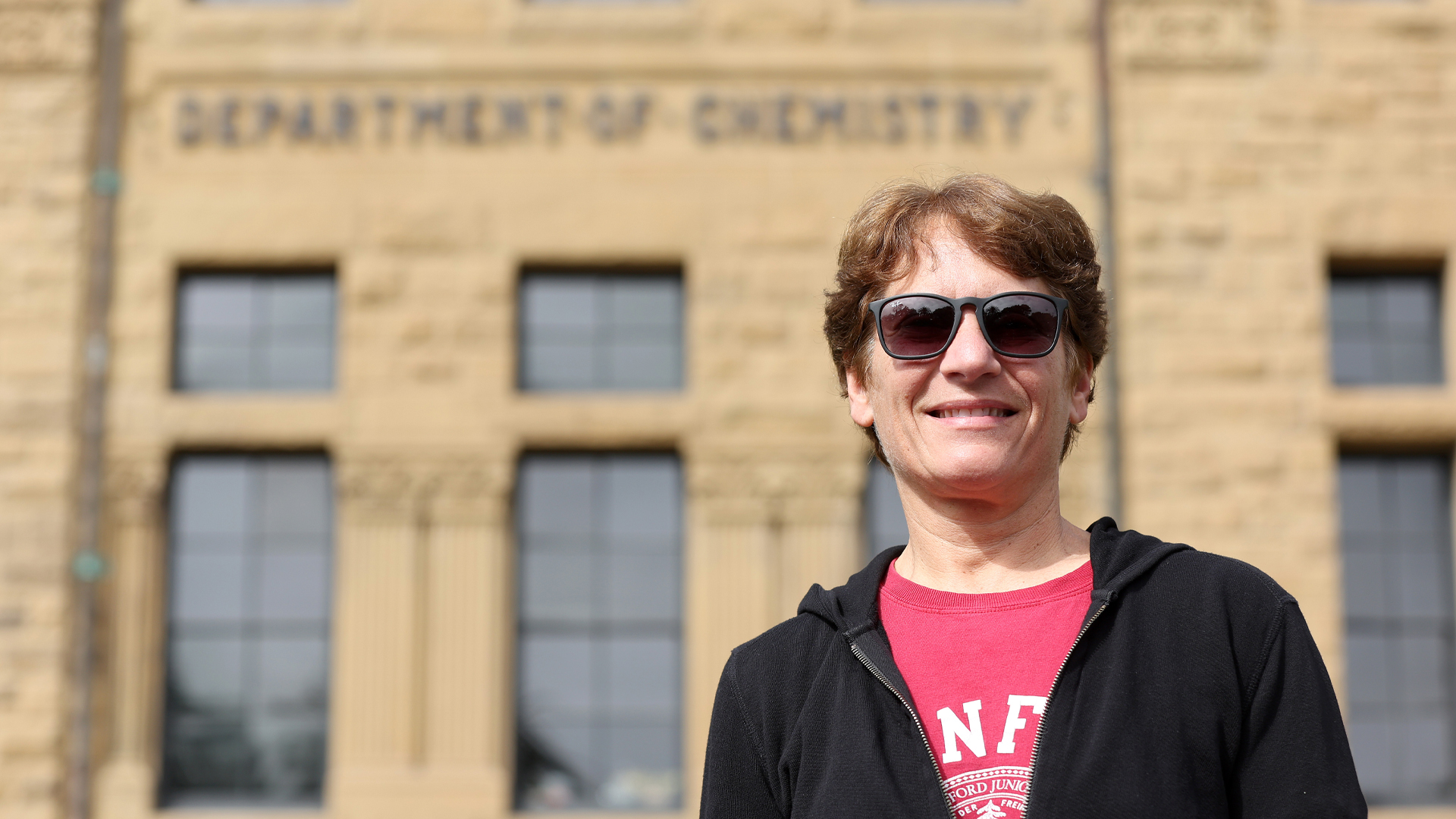Carolyn Bertozzi wins the Nobel Prize for Chemistry
Italian American scientist Dr. Carolyn Bertozzi won the Nobel Prize for Chemistry on October 4, 2022. The 56-year-old biochemist is the only woman to win a 2022 Nobel Prize in science. She was awarded the prestigious prize for her research into the reactions that let molecules snap together to create new compounds, an invaluable insight into cell biology that improves the targeting of cancer pharmaceuticals.
Dr. Bertozzi was born in Lexington, Massachusetts to an Italian American family. She completed her undergraduate degree in chemistry at Harvard University and her Ph.D. at UC Berkeley. Bertozzi is the Anne T. and Robert m. Bass Professor in the School of Humanities and Sciences and a chemistry professor at Stanford University where her research spans the disciplines of chemistry and biology. Her work focuses on developing chemical tools to study cell surface sugars called glycans, and how they impact underlying diseases such as cancer, inflammation, tuberculosis and viral infections such as COVID-19.
The Nobel Prize in chemistry is awarded by the Royal Swedish Academy of Sciences with a cash prize of $10 million Swedish Kronor, the rough equivalent of $1 million US dollars. Bertozzi shares the honor and prize with Morten Medal, a professor at the University of Copenhagen and K. Barry Sharpless, a professor at Scripps Research, a biomedical research facility located in California. The Nobel Prize in Chemistry has been awarded 114 times to 191 Nobel Prize laureates between 1901 and 2022. Only eight women have been awarded in the past, with the first woman receiving the honor being Marie Curie in 1911. The last woman to win the prize was Jennifer A. Doudna in 2020 for the development of a method in genome editing.
Sharpless and Meldal were awarded the Nobel Prize for their development in “click chemistry,” in which molecular building blocks snap together, like Lego pieces. Bertozzi was recognized for her pioneering work in founding bioorthogonal chemistry, a set of chemical reactions that allow scientists to study molecules’ interactions in living things without adversely affecting or interfering with natural biological processes. Her lab first developed this field in the late 1990s and early 2000s. In the decades that have followed, these methods have been harnessed to improve testing for infectious diseases and create a new biological pharmaceutical that better targets tumors, a development that is now being tested in clinical trials.
The Royal Swedish Academy of Sciences noted that the laureates’ research extends beyond the field of oncology. Their discoveries have enabled products such as antimicrobials, herbicides, diagnostic tests, corrosion retardants, and brightening agents.
Asia London Palomba
Asia London Palomba is a trilingual freelance journalist from Rome, Italy, currently pursuing her master's in journalism at New York University (NYU). In the past, her work on culture, travel, and history has been published in The Boston Globe, Atlas Obscura, and The Christian Science Monitor. In her free time, Asia enjoys traveling home to Italy to spend time with family and friends, drinking Hugo Spritzes, and making her nonna's homemade cavatelli.


